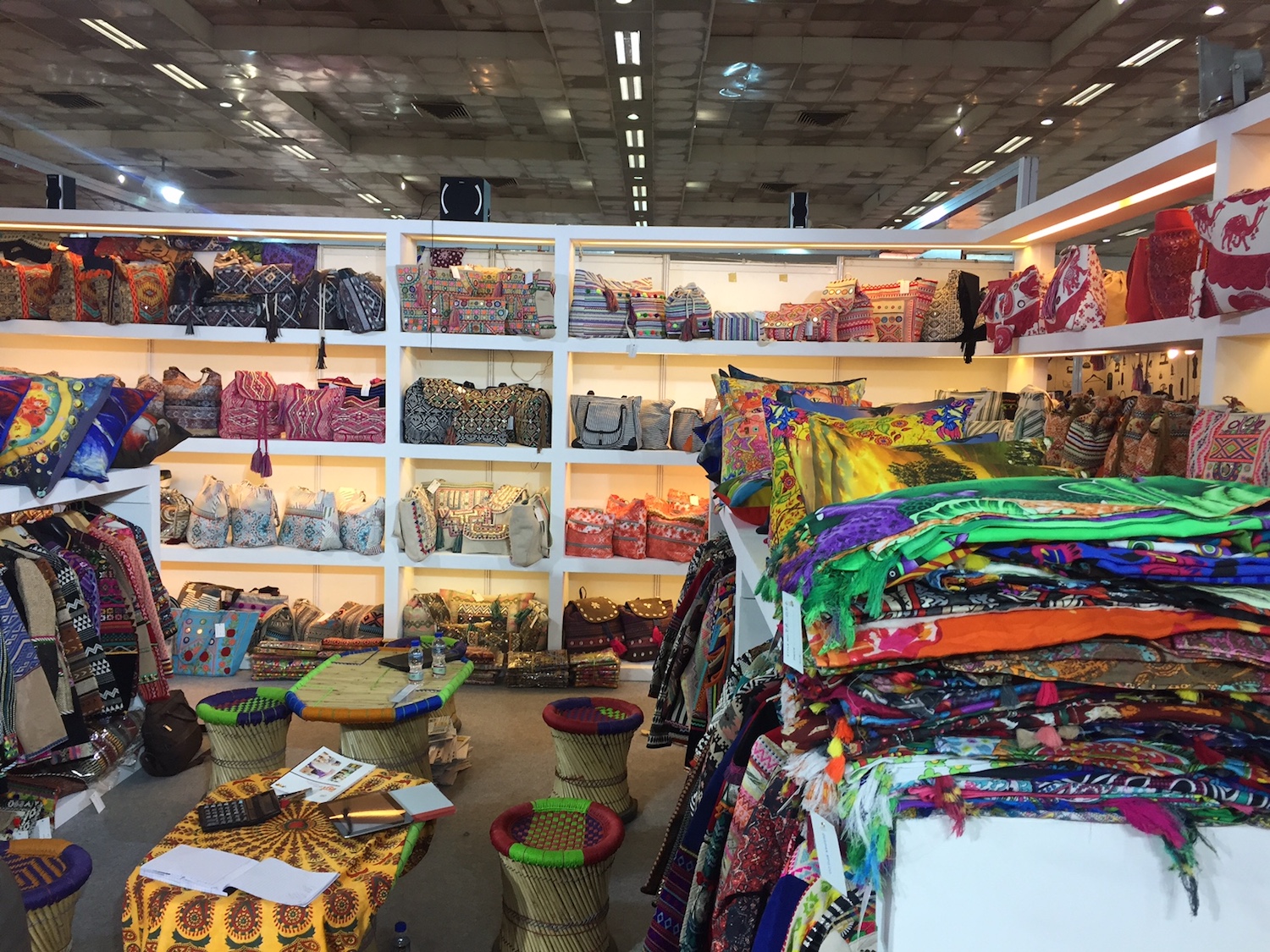Below are some of the findings we found interesting and valuable and which can be of as much help to you, as they would be to us in the future.
Exploring Indian Factories
Living in a place like London can be wonderful – and limiting too if we let it. We are so used to our ways, where everything is at the tip of our fingers, that we can easily be fooled that anything can be achieved from the comfort of one’s desktop.
But every so often an opportunity knocks and tempts us away from safety to the unknown.
This is how it felt recently when Team Fashion Insiders decided to board a plane, swap continents and land in India – for a week packed with exploring a new market, forging new contacts, connections, and absorbing new experiences and lessons.
Had we just sat in the office we would not have had the opportunity to get a better understanding of one of the most vast markets and major suppliers of the fashion industry.
Personal Relationships and Human Connection
Though we hear often and know from past experiences that face to face meetings yield much better results than emails and phone calls, India is one of those countries where that is, even more, the case.
We had many meetings – some pre-arranged, and others that resulted from being there and in-situ opportunities. By far the most successful meetings were the ones where we had a local friend or business introduce us and refer us. Being accompanied to meetings and introduced in person was another bonus that turned a hesitant attitude to positive interest.
India very much works on the concept of “who knows who.” The power of a personal network is important even on a small daily basis. In business, this is amplified many times over.
Related reading: How to Network Even if You Hate it
Preparing the grounds for a forthcoming trip and connecting with people in advance that can help and assist you during your time there is essential. In a country where appearances and first impressions count, such connections are useful, yes. But more than that – they also look better to the outside world.
The Devil is in the Details – or Not!
Like any great country, India is incredibly rich in history, culture, and skill. Yet the one thing that alludes many businesses is the finer details. The small details that make huge differences – be it to a product, service or experience.
Over the years of working with Indian factories, I would get beautifully made garments that for one reason or another would not be perfect.
Or take for example the international garment fair we visited, where, despite having to queue to be allocated a personal one-of-a-kind internet password, there was no server set up on the first day, and the 2 days thereafter, the WiFi simply did not work – on any day, at any point.
Little details like this may be acceptable internally, but for many western businesses that factories want to work with is just a sign for things to come.
However these little “missing” details may be frustrating, they are also charming and hide many opportunities for those that like to put things right.

The Next Generation of Fashion
Visiting some of the fashion colleges in New Delhi offered an interesting contrast to the way our UK colleges prepare their students.
One of the most interesting things to learn was that fashion students in India have to do a minimum of four but usually six months of paid (albeit not very highly) industry placement.
Fashion students are encouraged to join a manufacturing business or facility and learn first-hand the intricacies and challenges of manufacturing. This skill combined perhaps with the booming industrial scene in India means that most fashion students upon graduation don’t struggle to find a job. Some join family in preexisting businesses while others are simply absorbed by the growing fashion scene.
Factory Life
Perhaps the most surprising findings came as a result of visiting Indian factories.
Most factories employ mainly men. Often they come from outlying villages and smaller towns to earn money and send back to their families.
These men work hard for 10-12 hours per day, 6 days per week with hardly any holidays – doing all the sewing, cutting, ironing, etc.
One of the main challenges of running a factory in India is the multitude of religions that can coexist among the workers in a business. Religious holidays vary depending on the religion, which simply means that at any one point in time, more often than not a business does not operate to its full staff capacity.
Another fact often overlooked is that unlike Europe, where most factory owners were either born into the family business and learnt from a young age the “ropes” or worked their way up and set up their own small unit in time, in India, a large proportion of factory owners are well educated at a university level. Though that fact in itself is no guarantee for success, it does make a difference in how factories are run from a business perspective.
Last but not least, unlike most Indian factories one encounters and deals with where a certain amount of persuasion needs to be applied for a job to progress from inquiry to production – in India the “can do” attitude is prevalent. Naturally, that often means that factory owners over-promise and under-deliver. Frequent visits and establishing a good and close relationship is paramount, in order to avert crisis situations and unpleasant surprises.
Related reading: How to Work with Indian Manufacturers
Finally, through all of the above observations and even more just by being in person in a new market and country, it is apparent how much opportunities lie in India. Every shortcoming to our eyes and minds is just another opportunity waiting to be exploited.
Those strong enough to sidestep old traditions and bring in new know-how and with the help of technological innovations and advances have an amazing opportunity ahead of them. Likewise, the opportunity to businesses outside of India to enter the market and help is huge. Indian businesses are eager to improve and grow beyond their country borders and external help and advice are welcome and much appreciated.



